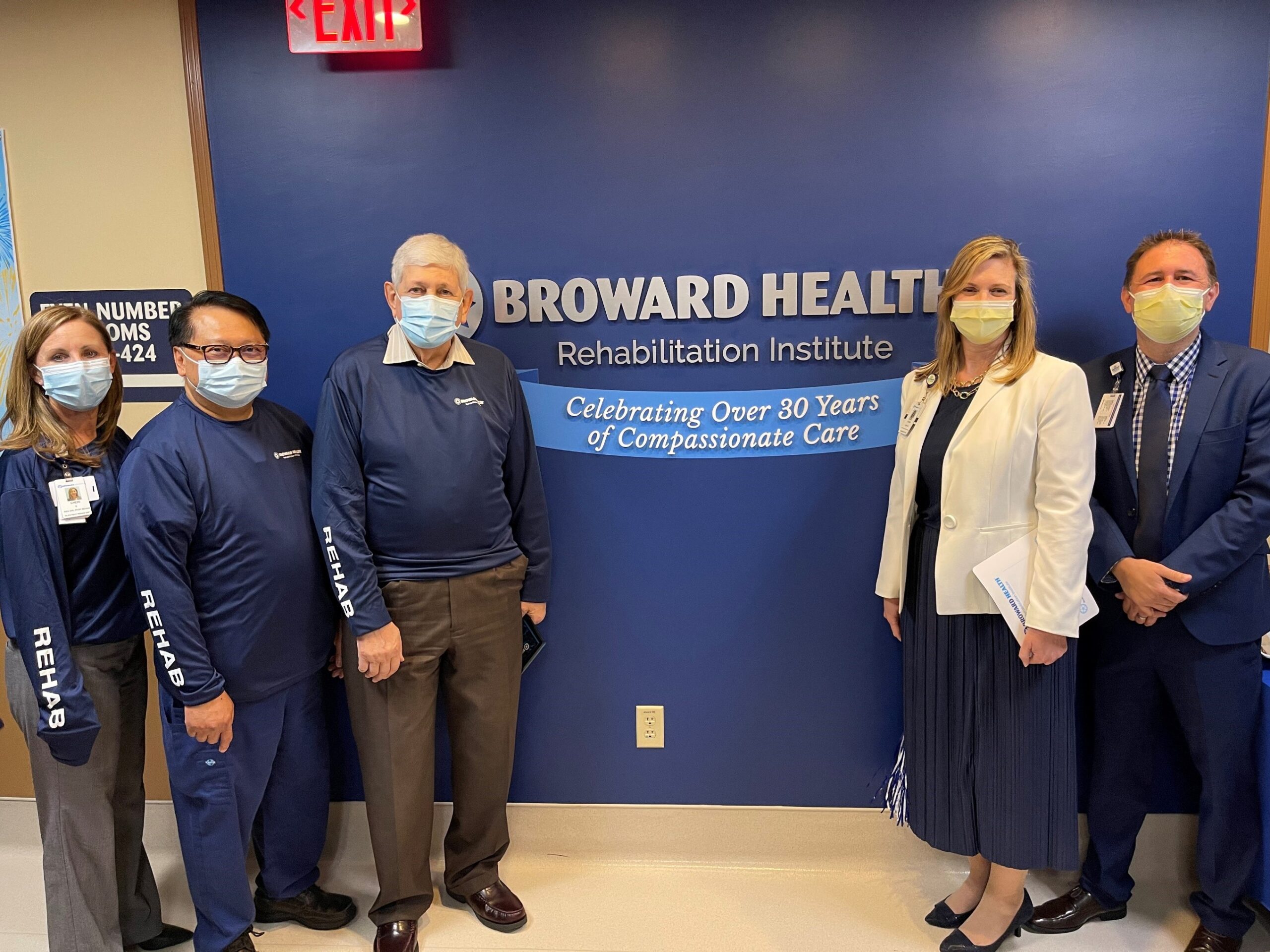 During the last few years many studies have revealed an increasing incidence of clinical errors in hospitals as well as office-based medical practices. Previously, it was common practice not to reveal such occurrences. Considering today’s desire for transparency and established laws, rules, regulations and guidelines, it is widely accepted that patients should be informed when errors occur. Thus, the decision for the physician to make today is not whether to disclose a clinical mistake, unexpected outcome or other out-of-the-ordinary event, but how to share the information.
During the last few years many studies have revealed an increasing incidence of clinical errors in hospitals as well as office-based medical practices. Previously, it was common practice not to reveal such occurrences. Considering today’s desire for transparency and established laws, rules, regulations and guidelines, it is widely accepted that patients should be informed when errors occur. Thus, the decision for the physician to make today is not whether to disclose a clinical mistake, unexpected outcome or other out-of-the-ordinary event, but how to share the information.With the myriad of laws*, rules, regulations and guidelines promulgated regarding the reporting of adverse patient incidents, what are physicians to do when they face this situation?
With this in mind, it is imperative for all physicians to develop, in consultation with their advisors – including attorney(s), risk managers, malpractice carrier and broker – a “game plan” to put into motion when the situation requiring patient notification presents. There are generally three (3) guiding principles at the center of these plans, all of which are designed to encourage transparency for medical errors with fair, upfront and early compensation. These principles are:
• Compensate quickly and fairly when inappropriate medical care causes injury
• Defend medically appropriate care vigorously
• Reduce patient injuries (and therefore claims) by learning from mistakes.
Components of the plans usually include the following immediately following the event:
• Informing the patient and family of the event
• Expression of regret (I’m sorry)
• Explanation of steps being taken to minimize further harm
• Notification of your insurance company, risk management staff and attorney
• Description of what happens next
• Commitment to investigate and find out why the adverse event occurred
Followed up by:
• Disclosing the results of the internal investigation
• Apologizing if there is an error or systems failure
• Description of changes being implemented to prevent the failure from recurring
With a well thought-out plan involving input and guidance from trusted advisors, physicians can be prepared to meet the legal and ethical requirements resulting from adverse incidents while maximizing desired outcomes and minimizing unwanted outcomes of saying I’m Sorry.



























